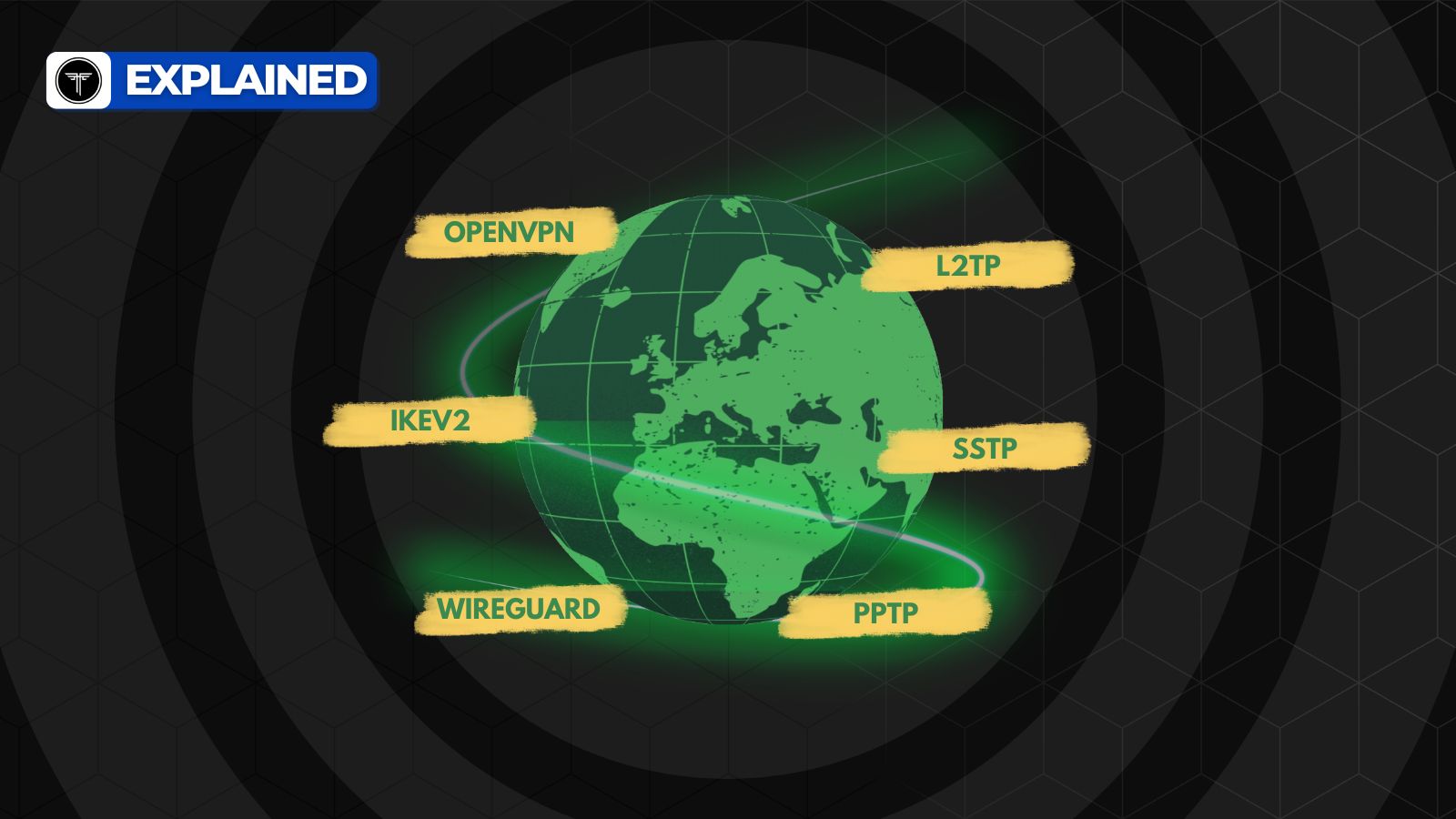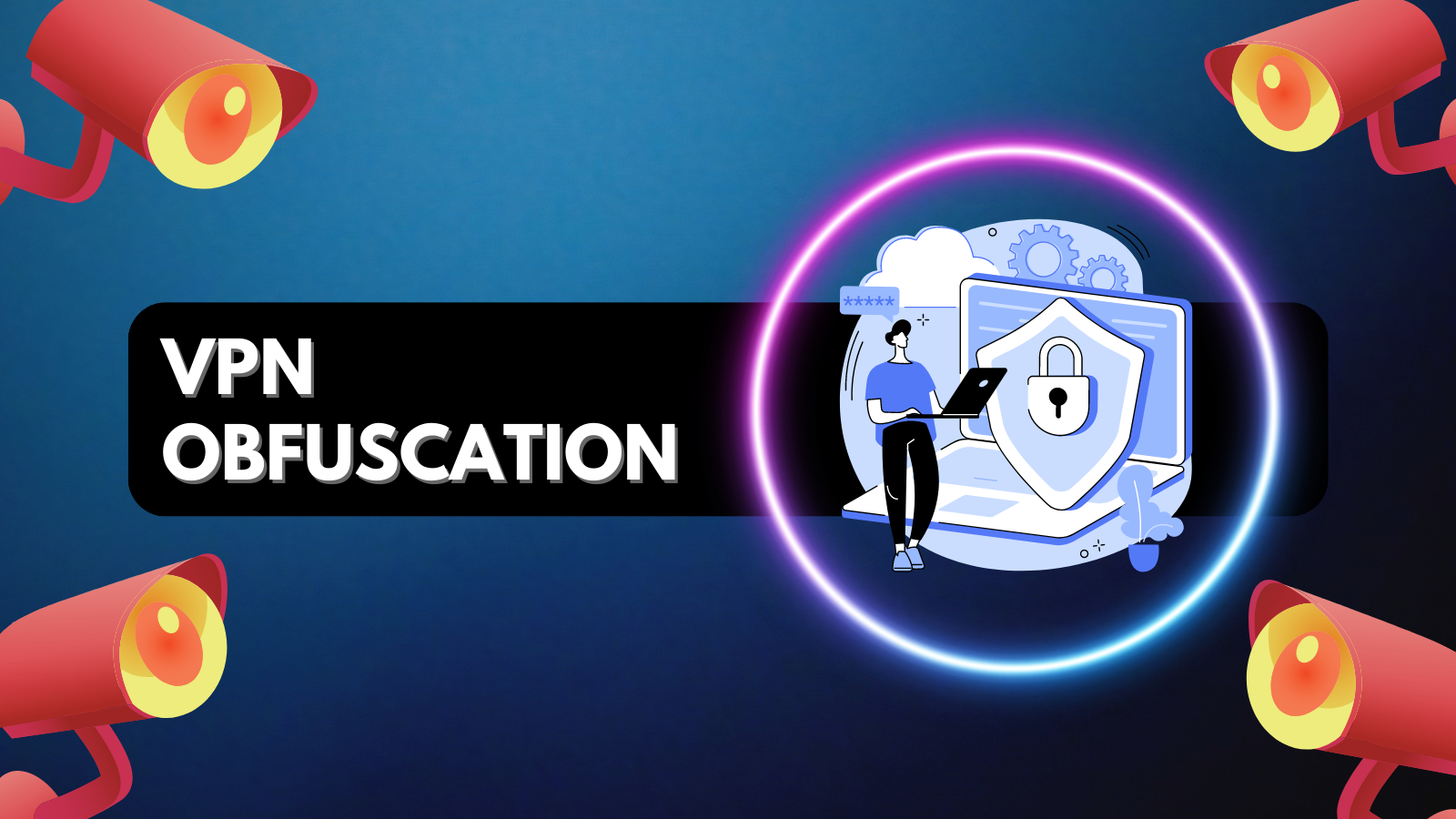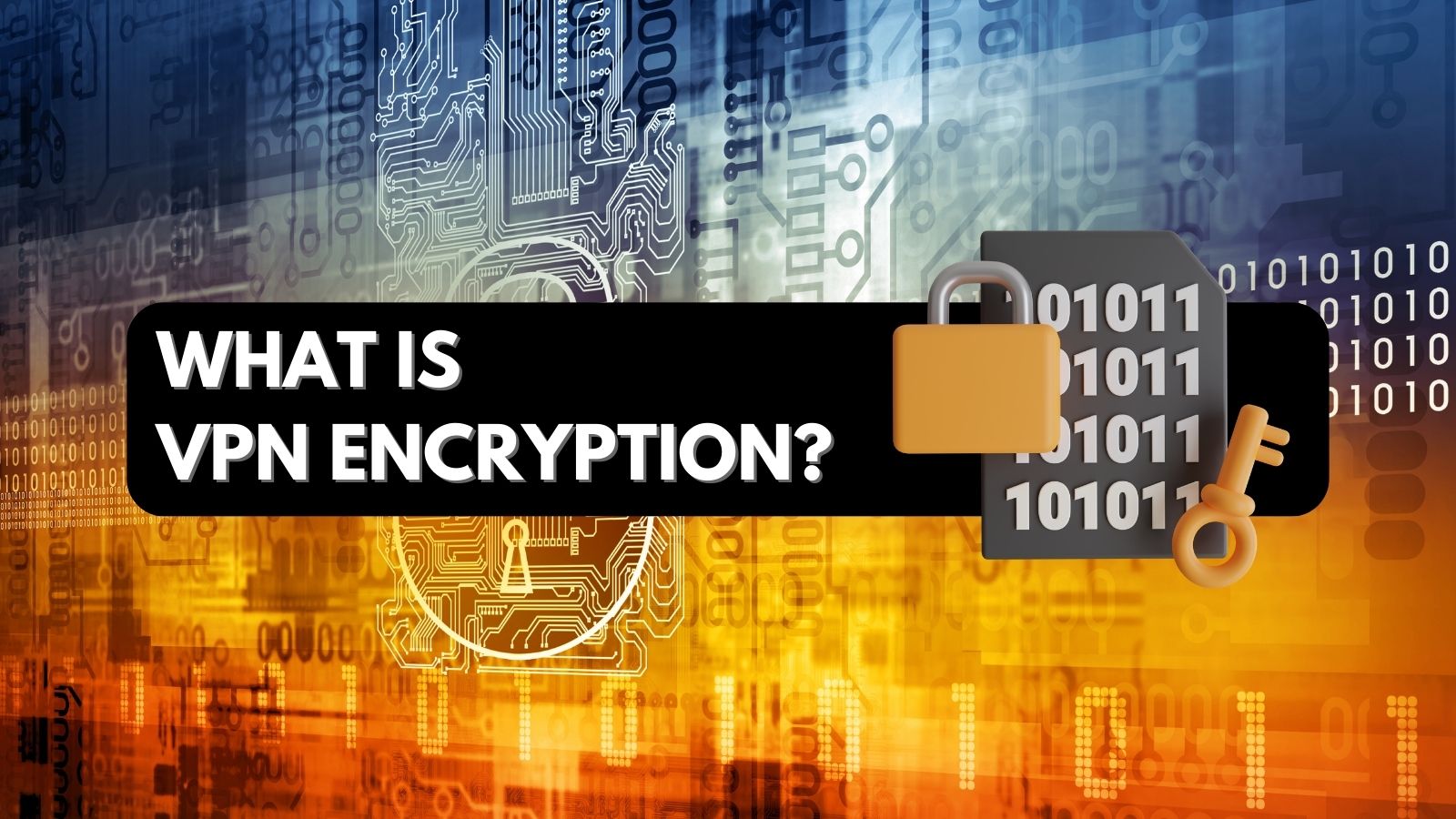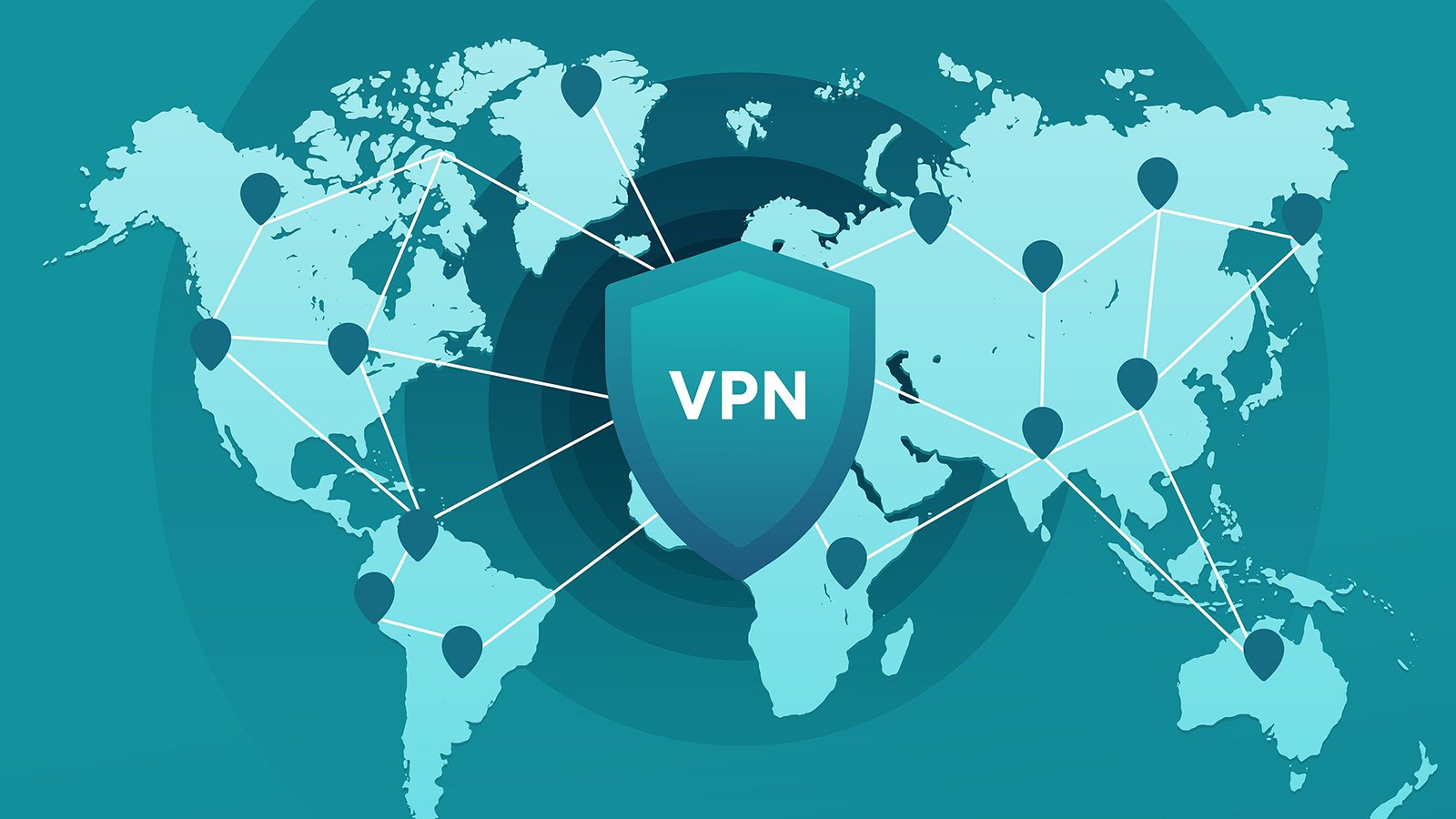
Which VPN Protocol Uses UDP Port 1701 & Does Not Provide Confidentiality and Authentication?
The VPN protocol that uses UDP port 1701 while not providing confidentiality and authentication is called "L2TP." With that said, you probably have many questions on your mind right now, as L2TP is still a VPN protocol (without providing any anonymity), right?
After all, we can see several contradictions in the statement just above, so it's essential to take a moment to fully understand what L2TP represents in the world of VPNs and connections. So, how does the L2TP protocol work? How does it support VPN connections without confidentiality? Let's find out!
L2TP – Features & Technical Details
L2TP (Layer 2 Tunneling Protocol) came into existence in 2000, which makes it more than two decades old (but still widely in use). It has its roots in two older protocols, Cisco’s Layer 2 Forwarding Protocol (L2F) and Microsoft’s Point-to-Pint Tunneling Protocol (PPTP).
You should know that L2F and PPTP protocols are not in use anymore, as they're quite old, and they've already shown all their vulnerabilities. However, the situation is different with L2TP, which can still be used to make VPN connections possible.
What’s interesting to note is that L2TP uses encryption only for its own control messages, and that doesn’t extend to Web content encapsulated by this protocol. That is precisely why L2TP is combined with another Layer 3 protocol, such as IPsec.
That’s the reason why when talking about the L2TP protocol, we usually talk about the L2TP/IPsec protocol, which offers both encryption and confidentially.
L2TP – Security & Speed
In comparison to its predecessor (PPTP), L2TP can be equally fast. However, once paired with IPsec, L2TP’s speed drops (while being more secure than PPTP).
In terms of its security, L2TP/IPsec works with AES and 3DES encryption algorithms (256-bit key), making this protocol incredibly secure, especially when it comes to commercial purposes. On top of that, L2TP/IPsec comes with a reliable link establishment, using UDP port 1701, port 500, and port 4500.
Compared to modern protocols (such as OpenVPN and WireGuard), L2TP still comes as a highly reliable solution, even more than two decades after its inception. Both OpenVPN and WireGuard are considered more secure, but they can't achieve the same fast speeds as L2TP/IPsec can.
What Are the Pros & Cons of Using L2TP?
Just like any other VPN protocol, L2TP(/IPsec) comes with its strengths and weaknesses. First, let’s see this protocol’s most prominent benefits:
- When paired with AES-256, this protocol can be incredibly secure.
- Works across a wide range of platforms and devices.
- It can be straightforward to configure.
- It offers relatively fast speeds without sacrificing its security.
And lastly, you should know that L2TP(/IPsec) comes with certain limitations as well. So, here’s a quick overview of its drawbacks:
- More than two decades old (being replaced by next-generation protocols).
- It can be blocked by some firewalls (if port 500 is used).
- Not as fast as its predecessors (but more secure).
There you have it – all you need to about the L2TP protocol (the protocol that uses UDP port 1701 while not providing authentication and confidentiality). In case you have any questions on your mind, make sure to post your comment below. And lastly, thanks for reading!






